【xem video phim set】'Sayonara' Actress Miiko Taka Dies at 97

Nisei actress Miiko Taka, known for the 1957 movie “Sayonara,” has died at the age of 97, according to The Hollywood Reporter.
News of her death was posted Jan. 4 on social media, but no details were provided. Her son told the newspaper through a spokesperson that the family did not want to participate in an obituary.

Born Betty Miiko Shikata on July 24, 1925 in Seattle, she was raised in Los Angeles and incarcerated with her family at the Gila River camp in Arizona during World War II. She married actor Dale Ishimoto in Baltimore, Md. in 1944. They had a son, Greg Shikata, and a daughter and divorced in 1958. She married Los Angeles television news director Lennie Blondheim in 1963. According to IMDb, after Blondheim’s death she married Reginald Lei Hsu in 2003.
Taka’s film career began when she was scouted at Nisei Week. At the time, she had no acting experience and was working as a clerk at a travel agency. She was ultimately cast as Hana-ogi opposite Marlon Brando in “Sayonara” — a role that had originally been offered to Audrey Hepburn. Her performance received critical acclaim. The story of interracial romance in occupied Japan led to Oscars for Miyoshi Umeki and Red Buttons for best supporting actress and actor.

Taka acted in many other movies, including “Hell to Eternity” (1960), which starred Jeffrey Hunter; “Operation Bottleneck” (1961), in which she shared top billing with Ron Foster and Norman Alden; “Cry for Happy,” which reunited her with Umeki and starred Glenn Ford; “A Global Affair” (1963), which starred Bob Hope; “The Art of Love” (1965), which reunited her with “Sayonara” co-star James Garner; “Walk Don’t Run” (1966), Cary Grant’s final film; “Lost Horizon” (1973), which featured James Shigeta; “Paper Tiger” (1975), her first film with Toshiro Mifune; and “The Challenge” (1982), her last film, which also featured Mifune.

On television, Taka’s credits included “Hawaiian Eye” (1959), “The Man from U.N.C.L.E.” (1965), “The FBI” (1965), “I Spy” (1965), “The Girl from U.N.C.L.E.” (1967), “The Wild Wild West” (1967), “Anna and the King” (1972), the 1974 TV movie “Judge Dee and the Monastery Murders,” which had an all-Asian cast, the 1976 miniseries “Arthur Hailey’s The Moneychangers,” the TV version of the theatrical movie “Midway” (1976), the TV movie “A Family Upside Down” (1978), and the 1980 miniseries “Shogun,” which starred Mifune, Yoko Shimada and Richard Chamberlain.
Taka also worked as an interpreter for Mifune and director Akira Kurosawa when they visited Hollywood.

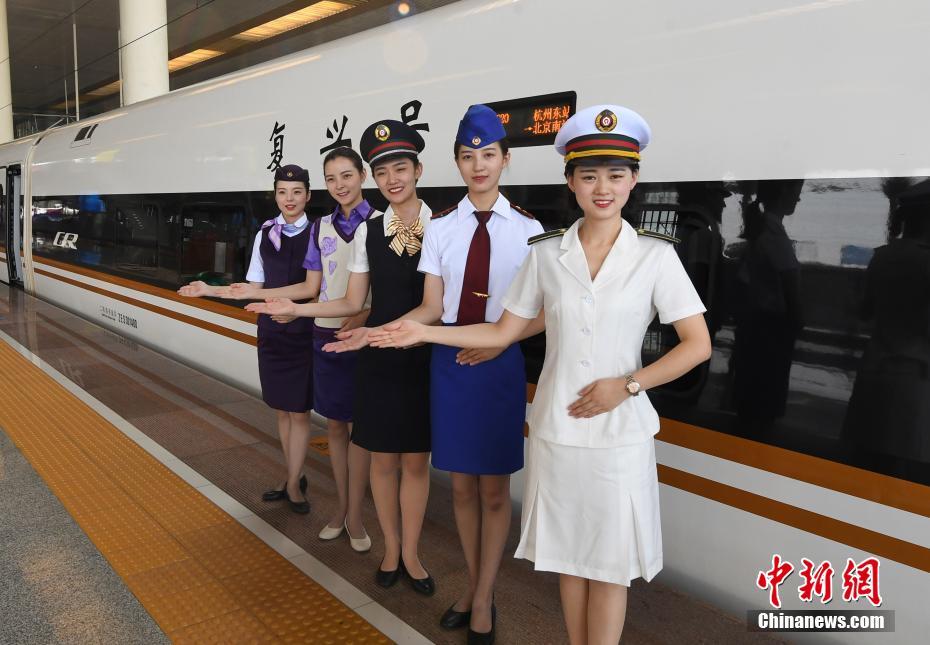
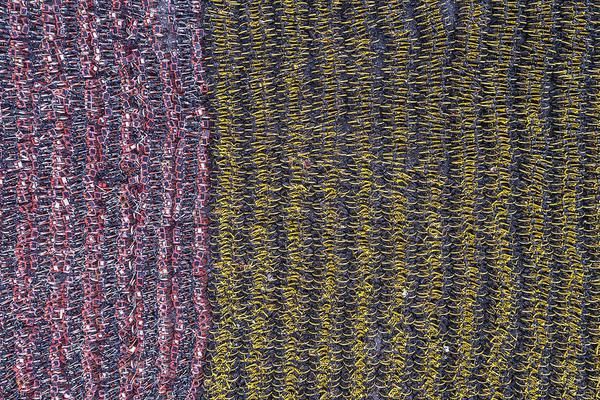
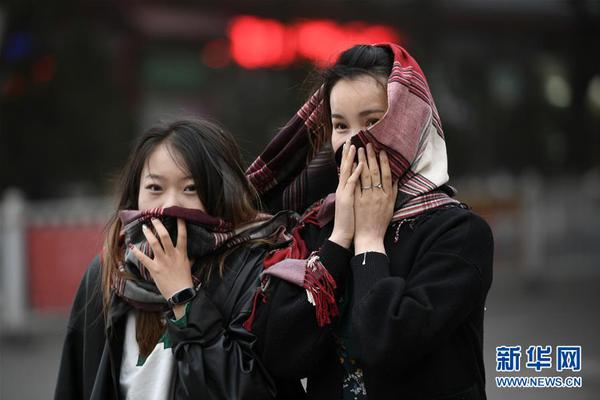
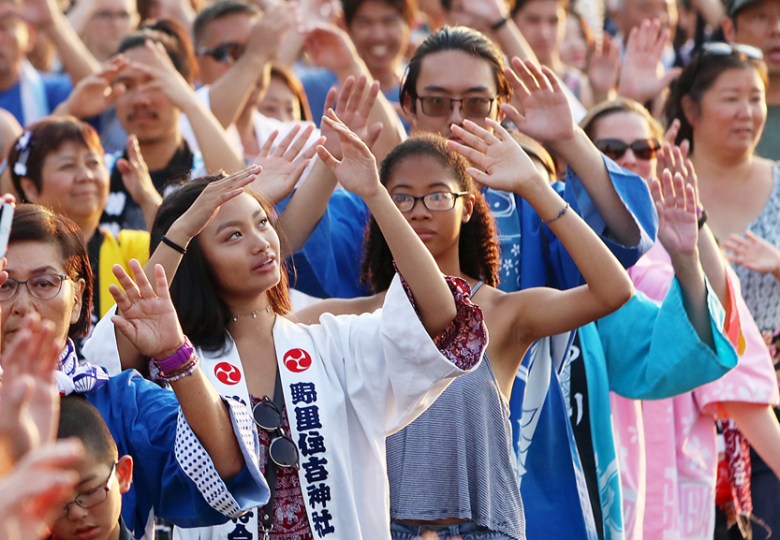
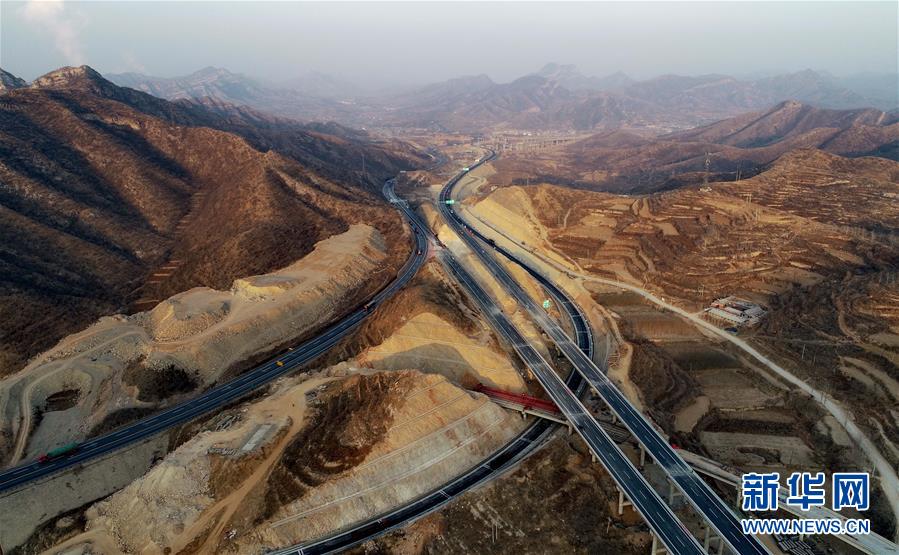
Related Articles